You’re probably relatively familiar with essential minerals like calcium, iron, and maybe even zinc, but unless you’re a nutrition guru, you may not have much familiarity with selenium. Selenium is an essential trace mineral, which means that your body cannot manufacture it internally — you must consume it. That said, the Daily Value of selenium for adults is much less than for minerals like calcium or potassium, at 55μg (micrograms).
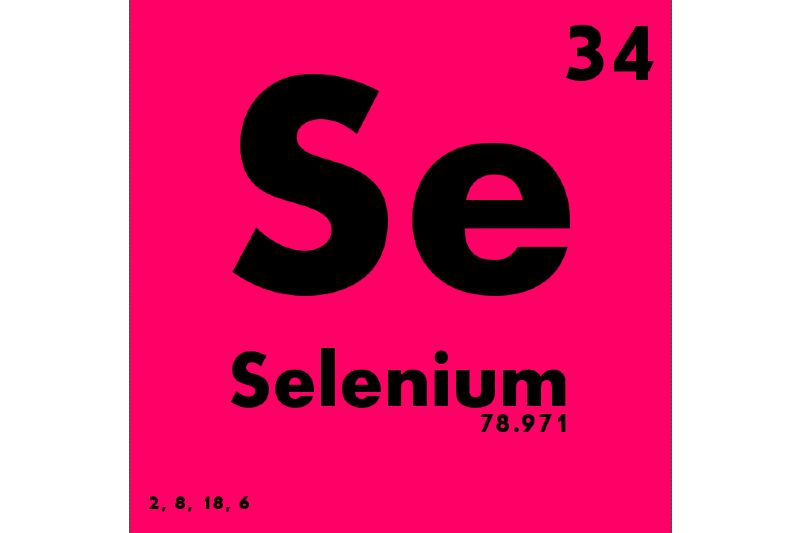
Selenium is a key component in compounds called selenoproteins, which play an instrumental role in reproduction, immunity, thyroid hormone metabolism, DNA synthesis, and reducing oxidative damage. It also helps support healthy hair and skin, with deficiencies leading to everything from muscle and joint pain, thinning hair, and patchy nails.
Selenium is predominantly stored in skeletal muscle, so many of the foods highest in selenium are animal proteins and fish. Below, we share a list of the foods highest in selenium to help you make sure your fridge and pantry are well stocked with nutritious foods that will help you meet your micronutrient needs for optimal health.
Brazil Nuts

Brazil nuts are far and away the most concentrated source of selenium. A small, one-ounce handful contains a whopping 544.4μg of selenium, which is nearly ten times the daily value. With that in mind, you can actually overdo it with selenium; toxicity can lead to diarrhea, bad breath, and even hair loss. Therefore, if you’re a fan of Brazil nuts, make sure to limit your intake to a few times per week. Brazil nuts are also quite high in magnesium, with 25% of the recommended daily allowance per ounce. Lastly, there are also a few types of seeds high in selenium, particularly sunflower seeds, chia seeds, and flax seeds.
Beef
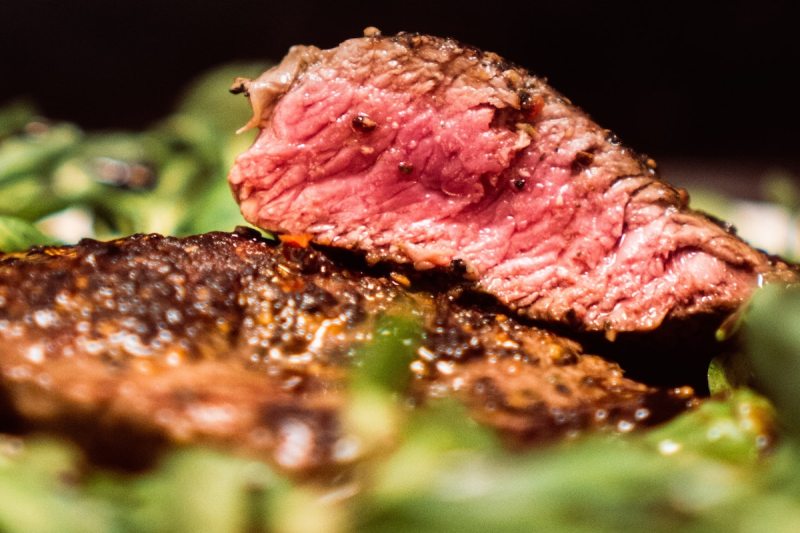
Red meat often gets a bad rap when it comes to nutrition, largely due to the high saturated fat content, which has been linked to high cholesterol, atherosclerosis, heart disease, and stroke. However, lean beef certainly provides other valuable nutrients, so it can potentially be part of a healthy diet if eaten in moderation. For example, it is high in vitamin B12, which is crucial for energy generation and nerve conduction, along with iron and protein. It’s also rich in selenium. A six-ounce skirt steak provides 61.2μg, while a 4.5-ounce ribeye filet has about 85% of the daily value.
One way to enjoy meat and reap the nutritional benefits while minimizing the potential downsides is to follow a plant-based diet where vegetables, legumes, and whole grains serve as the central components of your plate with meats and animal proteins as small accouterments rather than serving up a full portion of meat with vegetables and grains as the sides.
Pork
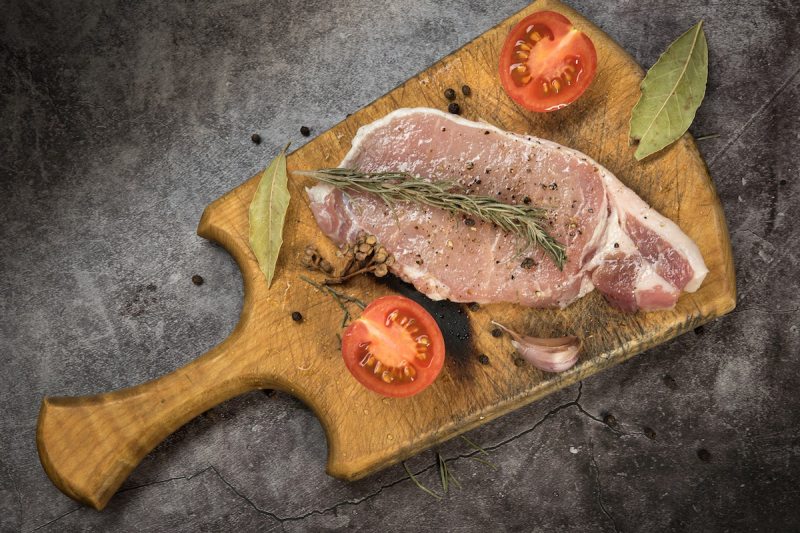
Though we’re not going to say that crispy bacon is packed with selenium, certain pork cuts and pork products are indeed high in key nutrients, including selenium. Lean pork chops are the best source when it comes to pork, with each six-ounce chop providing about 80μg, which is nearly 150% of the daily value. You’ll also get a hefty dose of biotin, a vitamin crucial for supporting the health of your hair, skin, and nails. If pork chops aren’t your preference, lean ham is also a healthy source of selenium, and pork ribs will also give you a hefty dose.
Oysters
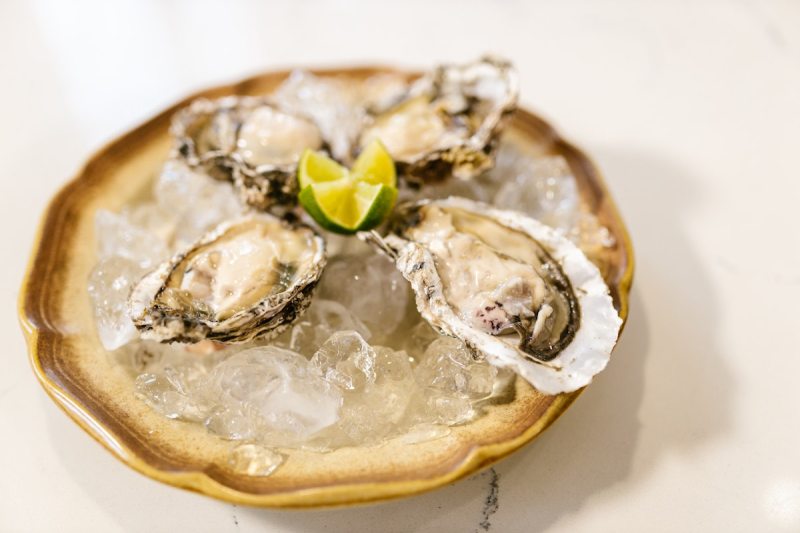
Oysters are best known for their impressive zinc content, but they are also rich in selenium. A three-ounce serving of oysters contains 130.9μg of selenium (238% DV). Clams contain nearly as much selenium, and mussels and lobster contain over 100% of the daily value per serving as well. Other seafood, such as shrimp, is also rich in this mineral. For example, a three-ounce portion, which is about twelve shrimp, provides 42.1μg
Fish
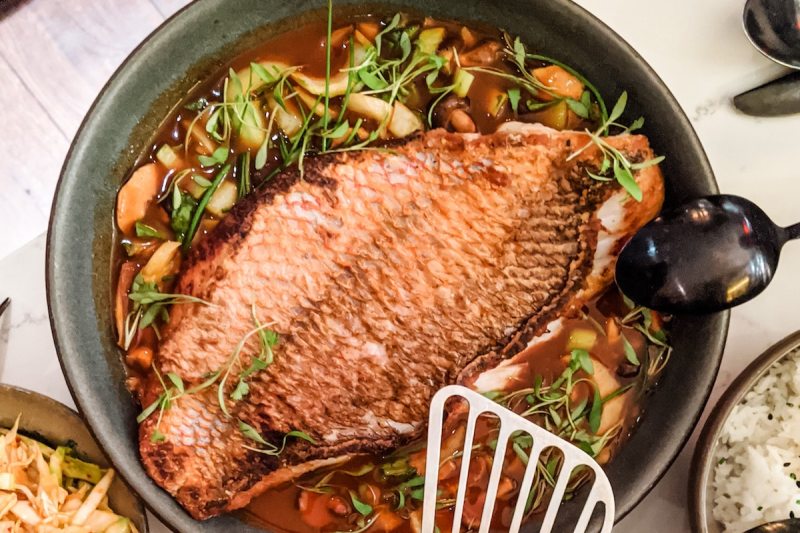
Fish is an excellent source of protein, and fatty fish like salmon and tuna also provide key nutrients like anti-inflammatory omega-3 fatty acids, which reduce inflammation in the body and support cardiovascular and brain function. Yellowfin tuna is particularly high in selenium, containing about 92 mcg in a three-ounce serving. Tuna also happens to be a good source of magnesium, containing over 25% of the RDA in a six-ounce filet. Sardines, tilapia, snapper, and salmon, and halibut are also good sources of selenium.
Eggs
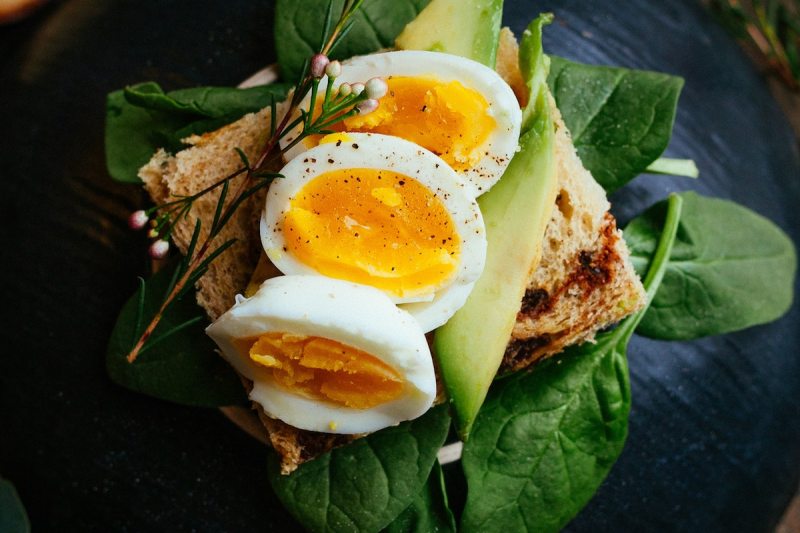
Starting your day off with a breakfast of eggs will give you a boost of nutrients like protein, biotin, and vitamin D, a fat-soluble vitamin that plays important role in bone health. An egg also contains nearly one-third of the daily value of selenium, so boil them, scramble them, poach them, or fry them and dig into this bounty of nutrients.
Cottage Cheese
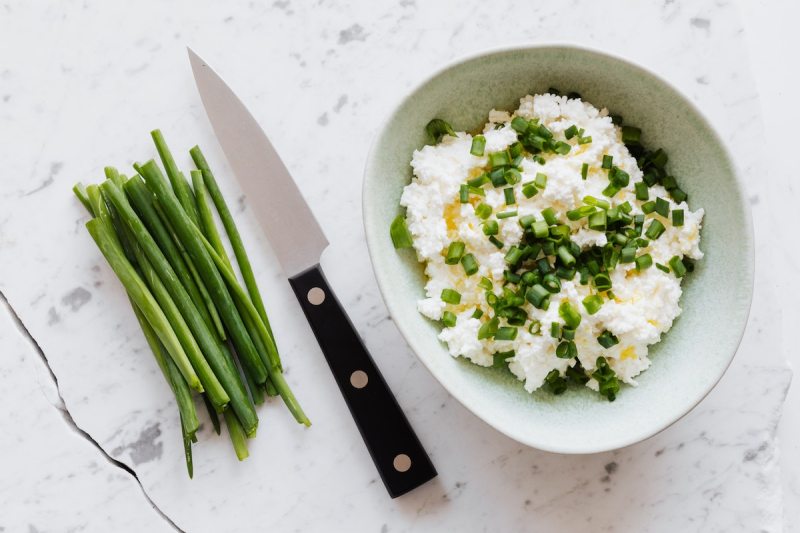
For those who enjoy dairy, you can get a hefty dose of selenium in cottage cheese. One cup provides about 20 mcg, or 30 percent of the daily value. You’ll also get protein, calcium, and melatonin, which can help you sleep at night.
Whole Wheat Pasta
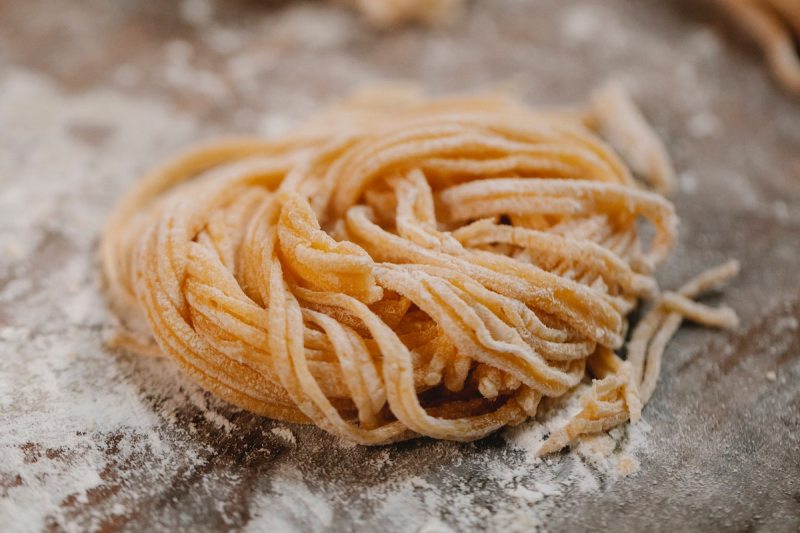
If you follow a low-carb diet or have to avoid gluten, this one won’t be applicable to you, but whole wheat pasta is a great source of selenium. Each cup provides about 42.5μg (77% DV), and most whole wheat pasta is also rich in carbohydrates, including fiber, as well as B vitamins. Other whole grains, including oats, kamut, and brown rice are also good dietary sources of selenium. And, as a bonus, brown rice is a great source of magnesium, with 86 mg per cup, which is 20% of the recommended daily allowance.
Chicken
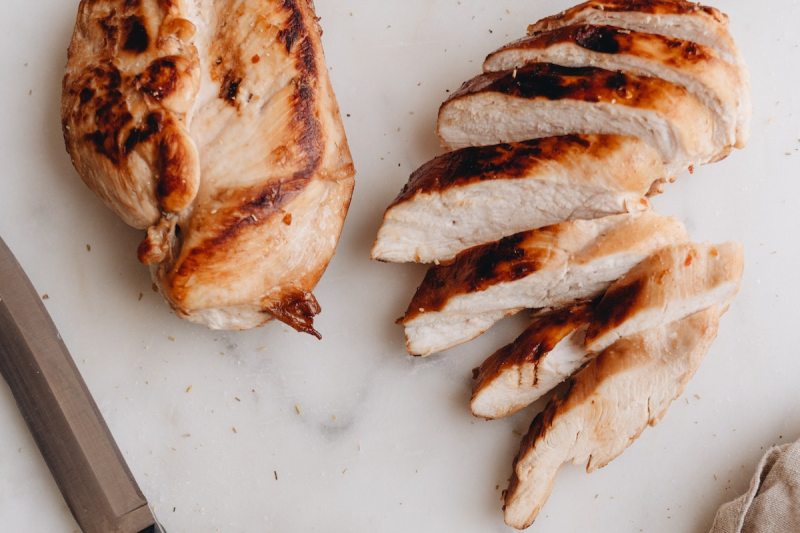
Chicken is a great source of lean protein, including amino acids like tryptophan, which can help you sleep at night. A six-ounce chicken breast also contains just about 100% of the daily value of selenium. Turkey is also rich in selenium. For example, six ounces of lean ground turkey have about 96% of the daily value.
Shiitake Mushrooms
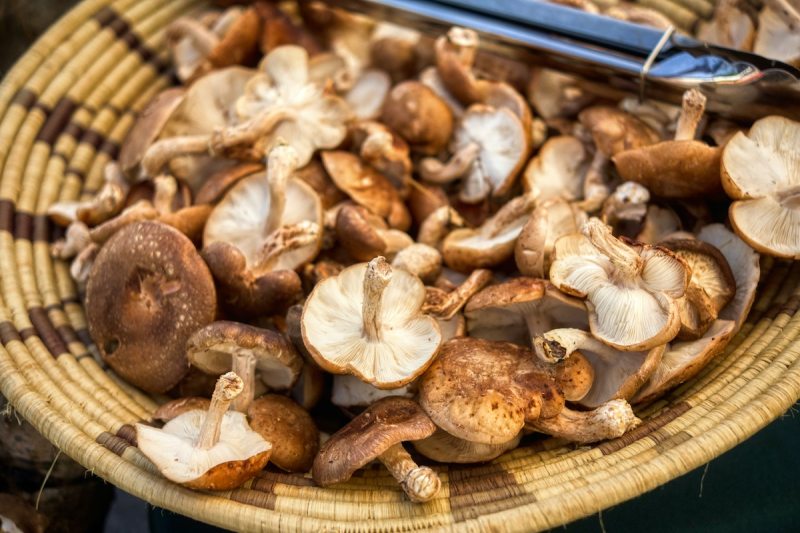
Mushrooms are rich in nutrients such as vitamin D and magnesium. They are also a great source of selenium. One cup of cooked shiitake mushrooms contains 36 mcg, which is 65% of the daily value. Portabellas, criminis, and white button mushrooms also provide between 35-50% of the daily value per cup.
Tofu
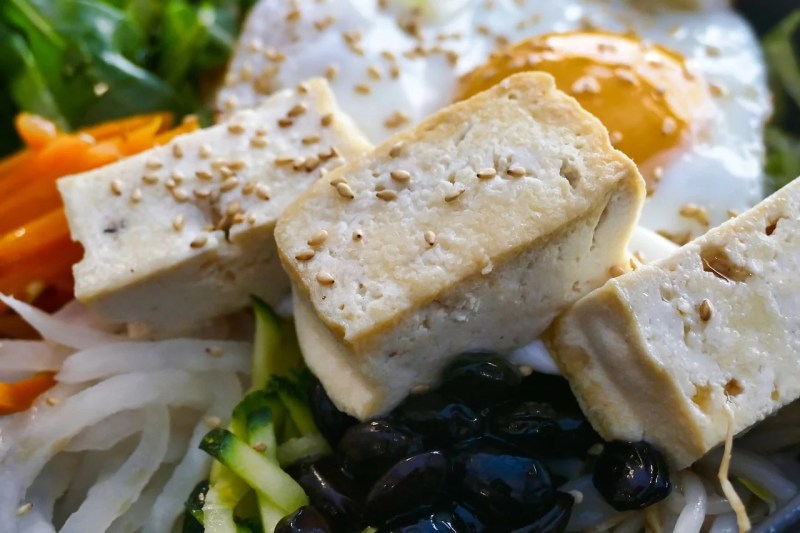
Tofu is packed with an impressive range of essential nutrients, including calcium, protein, and iron. It’s also rich in antioxidants and phytonutrients, which is why diets high in soy are associated with lower risks of certain cancers and inflammatory diseases. One cup of firm tofu contains 43.8μg of selenium or 80% of the daily value. If you enjoy other legumes, you can also get a decent amount of selenium in navy beans, pinto beans, and lima beans.




